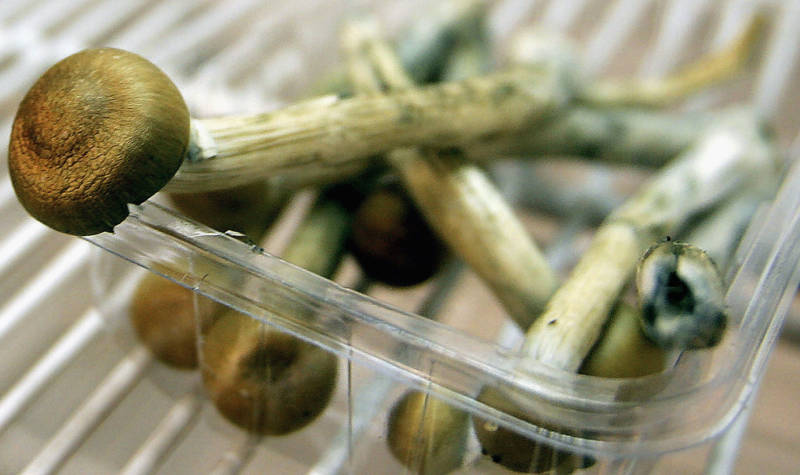A resolution to decriminalize certain natural psychedelic plants and fungi — such as “magic” mushrooms — was approved by an Oakland City Council committee Tuesday night and is expected to go to the full council for a vote on June 4.
If the measure passes, Oakland would become the second city in the country to decriminalize entheogenic plants, following Denver earlier this month.
The proposal would make the “investigation and arrest of individuals involved with the adult use of entheogenic plants on the federal Schedule 1 list be amongst the lowest priority for the city of Oakland.”
“We’re here to fix a wrong that never should have occurred,” said Carlos Plazola, chair of Decriminalize Nature Oakland, which was sponsoring the resolution.
